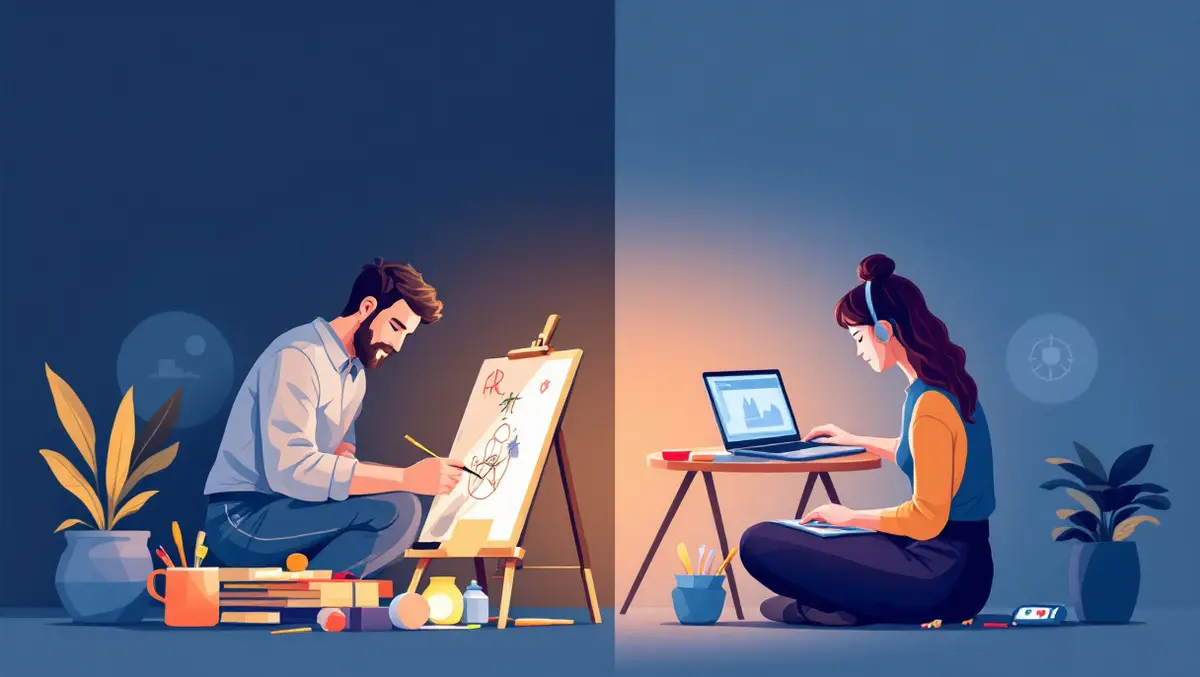
UK faces backlash over AI copyright rules from creatives & tech
The UK Government is under mounting pressure over its policy approach to artificial intelligence (AI) and copyright, as the country's creative and technology sectors compete for attention in Whitehall. The controversy has intensified with high-profile criticism from industry icons, including musician Sir Elton John, who has accused the Government of enabling the "theft" of creative works by favouring technology companies in the rapidly evolving AI landscape.
Caleb Bester, trainee solicitor at Payne Hicks Beach, commented on the complex balancing act being attempted by policymakers. He observed, "The Government is attempting to walk a delicate high wire, by appealing to both an emerging AI industry as well as the crucial creative industries in the UK. In practice is it possible to ride both horses?" This tightrope act was brought into sharper focus after the Government signalled support for an 'opt out' model for copyright holders, which would allow text and data mining for AI training unless creators specifically object.
Bester warned that such an approach marks "a willingness to bend copyright protections to indulge the development of AI and to the detriment of the creative arts." He criticised the recent decision to reject Baroness Kidron's amendment in the House of Lords, which sought stronger safeguards for copyright holders. According to Bester, this move "puts [the Government] at risk of losing any credibility it may have had as a fair mediator between these two competing interest groups." He added that the Government's attempt to reconcile its ambitions of leading in both AI innovation and culture "risks appeasing neither, and driving both away from Britain's shores."
The debate over AI and copyright is not new, but it has gained new urgency as Parliament considers potential changes to copyright law. Critics argue that altering the legal framework to favour data scraping and AI training could undermine the livelihoods of writers, musicians, and artists, whose work forms the backbone of the UK's globally respected creative sector.
Dr Beatriz San Martin, a legal expert at Arnold & Porter, offered a nuanced perspective on the underlying legalities. She noted, "Data scraping in the UK for the purposes of training an AI model is likely to constitute copyright infringement if a copyright work is included in the data scraped without the consent of or licence from the copyright owner." Dr San Martin explained that, under the law, copyright is an intangible property right that can be traded or licensed, much like tangible property. Infringement, she said, involves copying the original work, but does not meet the legal definition of "theft" as set out in the Theft Act 1968.
"While Sir Elton John's characterisation of unauthorised copying as 'theft' is not technically accurate," Dr San Martin acknowledged, "it serves to highlight how serious this issue is to creatives and to their livelihoods – particularly given the potential relaxation of UK copyright law currently under consideration by Parliament." She added that whether AI model training or its subsequent outputs also infringe copyright "is less certain," and will be judged case by case depending on how such technologies operate and generate results.
The Government's position has exposed deep fault lines between the UK's strategic aims. On one side, policymakers seek to foster a supportive environment for AI startups and global technology investment, aiming to place Britain at the forefront of digital innovation. On the other, there remains a need to protect creative industries, which contribute significantly to the country's cultural identity and economy.
Many in the creative sector argue that better engagement and earlier consultation could have yielded a more balanced compromise. Caleb Bester suggested the current dispute "should not have come as a surprise to the Government. Better engagement earlier on might have resulted in a compromise position acceptable to both sides."
As the UK debates its future as a hub for both AI and creativity, the outcome of this copyright dispute is poised to have lasting implications for the country's global standing in both realms.


